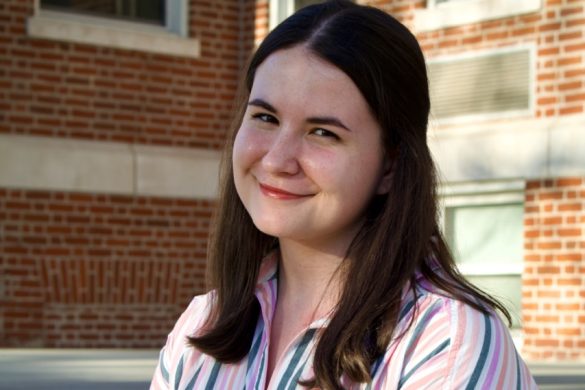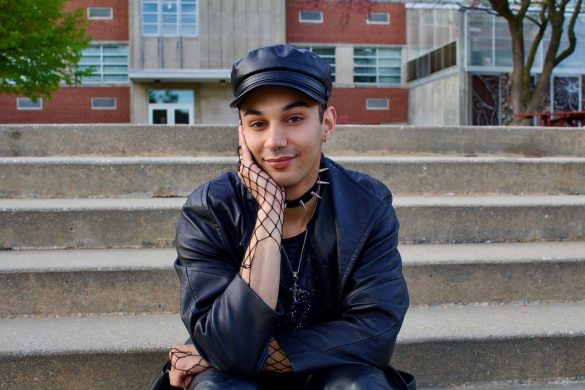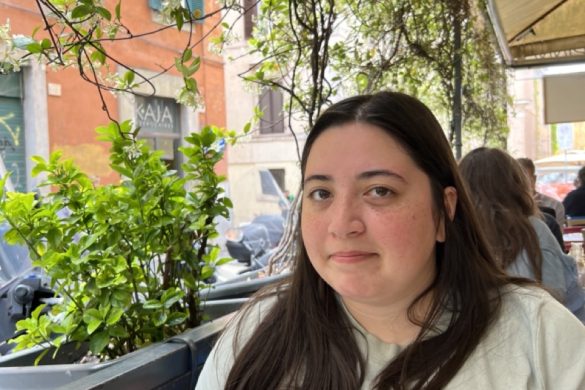The debate about whether it is possible to separate the art from the artist is widely discussed, and seemingly anytime there is a new scandal involving a famous actor, popular singer, artist or even a professional athlete, the individual is canceled. When someone gets canceled, that is exactly what it sounds like. According to Merriam Webster, it can be defined as the practice of withdrawing support for someone as a way of expressing disapproval.
“Cancel culture is very real, pervasive and powerful,” according to an article from Forbes.com, and focuses on issues of race, gender, sexuality and other related topics. Furthermore, according to the Forbes article, transgressions must be punished no matter how long ago they occurred, and that a person is no better than their worst moment no matter how young they were when the event occurred.
Cancel culture has become commonplace, and many people are quick to stop supporting an artist whose name is in the headlines for negative reasons. Famous comedians and actors are not immune to this, such as Kevin Hart, who believes he has been canceled several times in his career, according to Newsmax. Hart stepped down from hosting the Oscars in 2019 after old tweets resurfaced, and he lost many supporters.
While this is important information to consider when evaluating a person, it should not be the deciding factor in determining whether someone is a good person or the person’s work is important or beautiful.
I am an avid sports fan and have favorite teams in many different sports. I have favorite players on these teams as well and support them on and off the field. I study my teams and the individual players to know them better.
When I support an athlete on one of my favorite teams, and news comes out about what he or she did off the field, it’s unfortunate that may prevent the athlete from doing what I love watching him or her do on the field. It can be devastating when someone I support is dealing with his or her own demons.
While I never support someone because of or for the bad deeds he or she has committed in life, I am a pretty forgiving person. So when something like this happens, I’m not too quick to completely write that individual off.
I am a huge Chicago Cubs fan, and when they went on their run to the World Series in 2016, they made a trade and acquired one of the most prolific closing pitchers in the league, Aroldis Chapman. After the trade was completed, the responses from fans mixed.
Caitlin Swieca, one of the most avid Cubs fans, according to Sports Illustrated, loves the Cubs irrationally and loyally. When Chapman, who served a suspension for domestic violence earlier that season, was traded to the Cubs, Swieca started donating money to a group that helps victims of domestic violence. According to the Sports Illustrated article, when Chicago acquired Chapman, the Cubs already had the best record in the league and were on the path to win the franchise’s first World Series title since 1908. “Multiple members of the Cubs’ front office felt deep concern over actively trying to acquire a player who had been accused of domestic violence,” according to Sports Illustrated.
“In the aftermath of the trade, Cubs President of Baseball Operations Theo Epstein told the media that he and team Chairman Tom Ricketts had a conversation with Chapman about his past prior to making the move,” according to Sports Illustrated. Chapman, Epstein said, was heartfelt in his answers, which satisfied them enough to make the move.
As someone who is against any person who would do any wrongdoing to a woman, or any human being, I was faced with a predicament as well. Even as a Cubs fan my whole life, I did not want Chapman to be the one to record the final out of the 2016 World Series for my favorite team. I supported my team, as I do every day, and appreciated Chapman for his baseball talents during his tenure with the Cubs and even now with him being on an opposing team, but I will always look at him differently because of the accusations made against him.
The stance I have taken with individuals who have said and done some pretty awful things in this world is that I will treat them with respect but educate myself about what type of person I take interest in and support.
To answer the question, yes, I do believe that we can separate the art from the artist. While it is difficult to look at the art in the same way when we know about the wrongdoings of the artist, we must do exactly that. We must attempt to separate the art from the artist, because good art is good art because of its quality, not the quality of the artist. Just as good art does not magically make the artist a good human being, a good person does not magically make art that is good. The art should be separate from the artist.
Everybody makes mistakes, so I am not going to pretend that I am a perfect person. However, I do think the best approach is to surround ourselves with good energy, and people who promote and exude positivity in the world, including the music we listen to and the celebrities we idolize.








